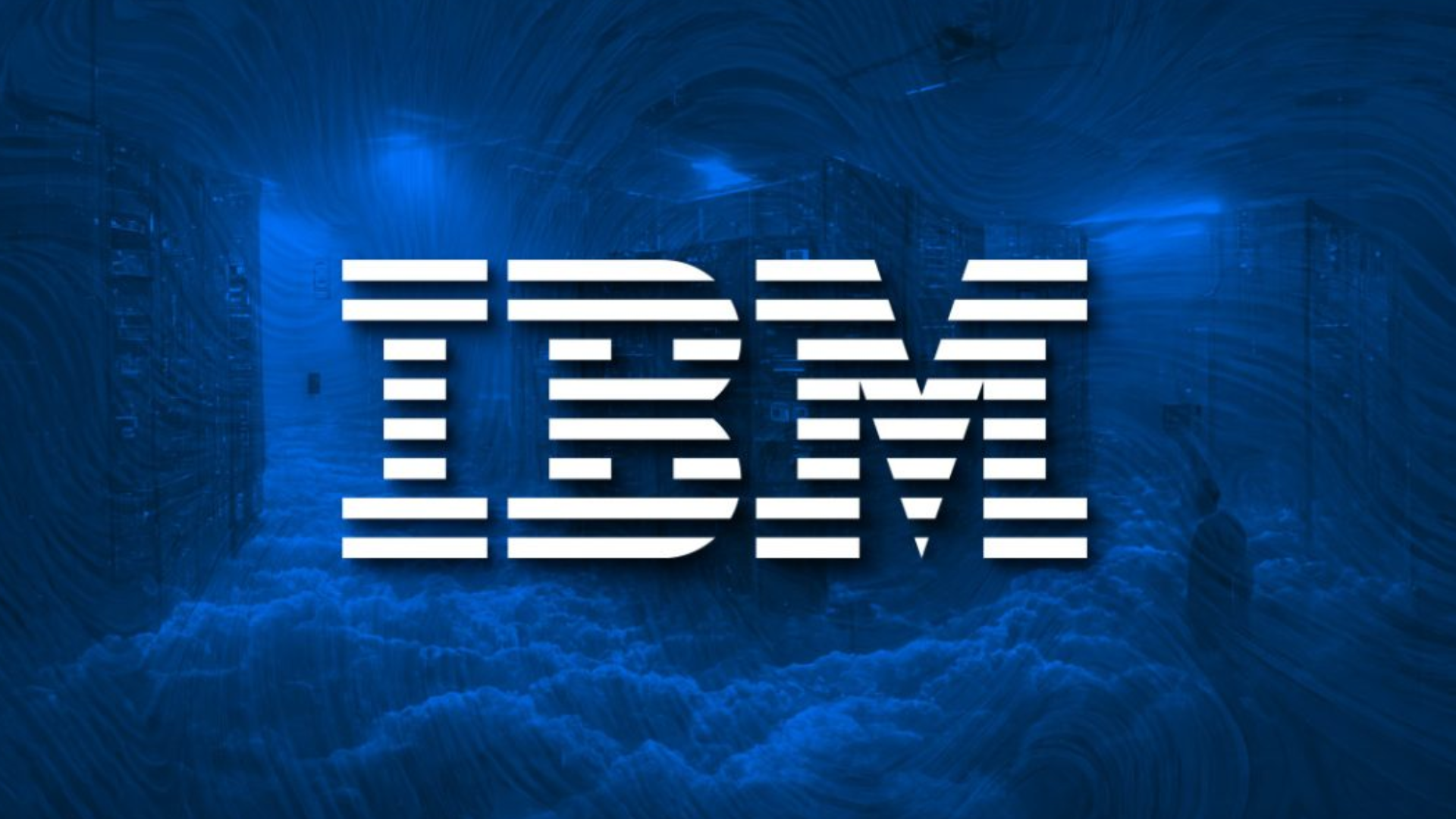
IBM has reportedly laid off 8,000 employees, primarily from its Human Resources (HR) department, as part of a broader effort to integrate artificial intelligence (AI) into its operations. The move is aimed at streamlining enterprise workflows, reducing costs, and enhancing efficiency in back-office functions. Earlier this month, IBM replaced approximately 200 HR roles with AI-driven agents capable of handling repetitive administrative tasks, such as responding to employee queries, processing paperwork, and organizing HR data. These AI tools require minimal human supervision, allowing IBM to modernize its workforce while reallocating resources to other departments like software development, marketing, and sales.
IBM CEO Arvind Krishna has been vocal about the company’s aggressive adoption of AI, emphasizing that automation is not simply about cutting jobs but about reshaping the workforce to focus on roles that demand human intelligence, creativity, and strategic thinking. He stated that despite layoffs in certain areas, IBM’s total employment has actually increased, as savings from automation are being reinvested into growth sectors. IBM’s Chief Human Resources Officer, Nickle LaMoreaux, reinforced this perspective, explaining that AI will not fully replace most jobs but will take over repetitive tasks, freeing employees to focus on areas requiring human judgment and decision-making.
Interestingly, while undergoing internal restructuring, IBM is also promoting its AI capabilities to external clients. At its annual Think conference, the company unveiled a suite of new AI tools designed to help businesses build and deploy their own AI agents, compatible with platforms from OpenAI, Microsoft, and Amazon. This shift mirrors a broader industry trend, with companies like Duolingo and Shopify also phasing out human roles in favor of AI-driven automation.
IBM’s decision to replace HR roles with AI signals a major transformation in how corporations manage their workforce. While automation continues to reshape industries, the debate over job security and AI-driven employment shifts remains ongoing. As IBM moves forward with its AI-first strategy, the impact on traditional job roles and the future of human employment will be closely watched by industry experts and policymakers alike.
